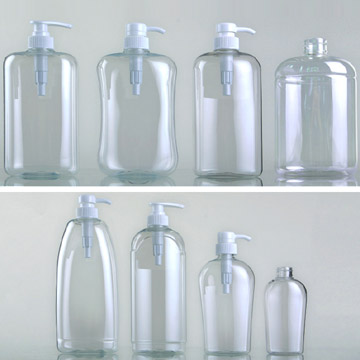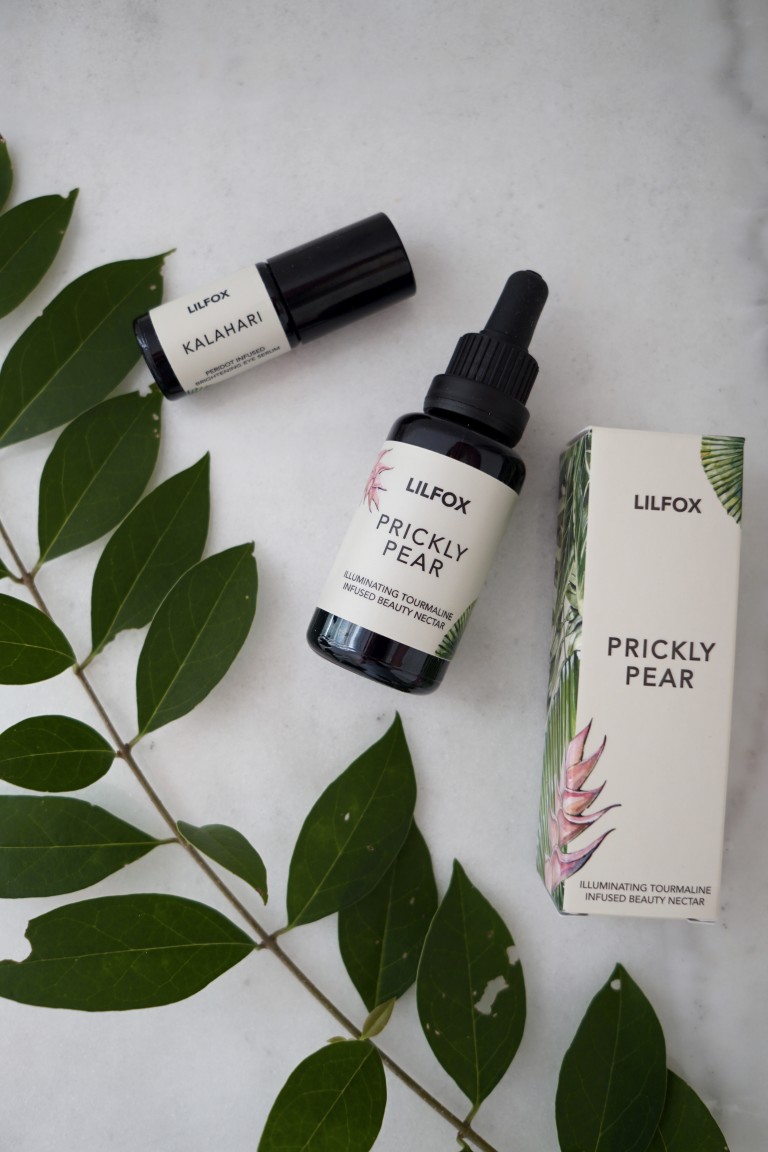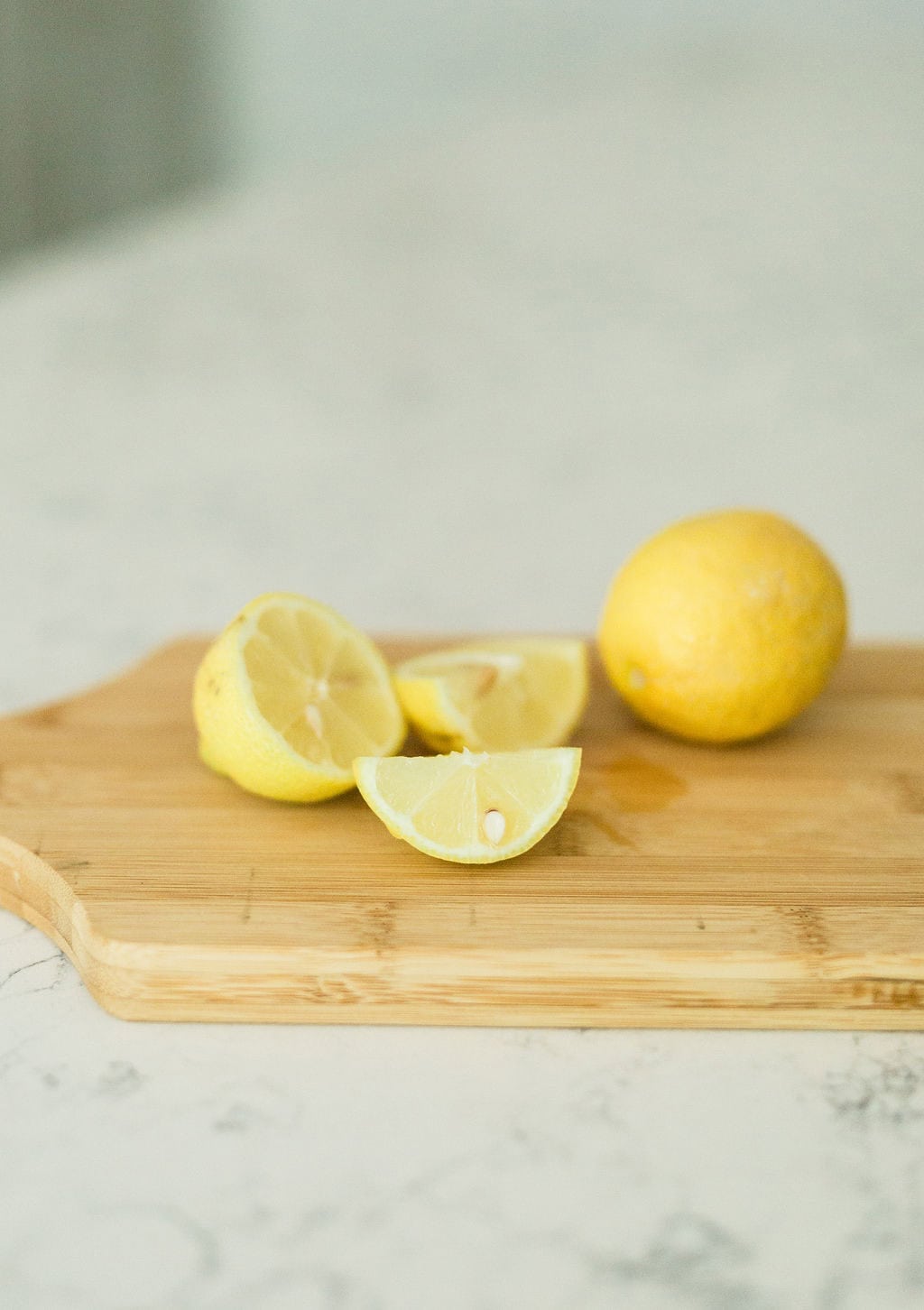What is Natural Wine?

If you’ve ever wondered, what is natural wine?—you’re in the right place. In today’s post, I’ll walk you through everything I’ve learned about natural wine, how it’s made, how to identify it, and my favorite recommendations.
Unfortunately, wine will probably never be known as a health food (as much as we talk up the heart benefits!) but in many cultures it’s part of the pleasure of good company and good food. I love a crisp white wine on a hot summer day or a nice glass of Pinot Noir while in deep conversation with friends. But as I’ve gotten more intentional about what goes into my body and home, I’ve learned that not all wines are created equal. Just like the differences between processed and organic foods, there’s also a significant divide between conventional wine and what’s known as natural wine.
Want to hear a conversation with an insider in the wine world? I have an interview about conventional vs organic wine on the podcast here.

Photos by emmaloo.com
What is Natural Wine?
The term natural wine refers to wine made with minimal intervention—both in the vineyard and during the winemaking process. It’s made from organically or biodynamically grown grapes, often fermented with native yeast, and typically has no added sulfites, sugar, or coloring agents. Think of it as fermented grape juice in its purest form.
A quick FYI: some winemakers who produce natural wines aren’t certified organic but still use natural growing practices. So they won’t carry the organic label but usually will proudly share how it’s produced on their website or even on the label sometimes.
I’ve been looking into the natural wine movement for years. Of course, you know I read labels and pay attention to what goes into my food and skincare, and wine is no different. But I was curious about how certain winemakers go the extra mile to produce a final product that tastes great without all the bad stuff. That rabbit hole led me to natural winemakers who prioritize soil health, avoid synthetic pesticides, and let nature guide the fermentation process.
If you’re trying to figure out whether the bottle in your hand is a natural wine, here are a few tips:
- Look for wines labeled as organic wine or biodynamic wine.
- Seek out producers who use native yeast and don’t add sulfites.
- Find shops or subscriptions (like my favorite: Dry Farm Wines) that specialize in curating only natural wines.
What Makes Natural Wine Different?
The biggest difference between natural wine and conventional wine is what’s added—or more accurately, what’s not.
Conventional wines can also include dozens of additives: sulfites, sugars, coloring agents, and even chemical preservatives. Many of these aren’t required to be disclosed on the label, so you may never know what’s in your glass.
In contrast, natural wines are made with just fermented grape juice. They’re:
- Made from organically farmed or biodynamically farmed grapes.
- Fermented using native yeast rather than lab-grown yeast.
- Unfined and unfiltered (meaning they may appear slightly cloudy).
- Free from additives, stabilizers, or artificial flavoring.
This minimalist approach results in a wine that’s more expressive of the grape, the soil, and the region it comes from—a concept known in the wine world as “terroir.”

How Is Natural Wine Made?
The winemaking process for natural wine is refreshingly simple. Here’s a quick breakdown:
- Organically or biodynamically farmed grapes are hand-harvested.
- The grapes are crushed, and fermentation begins naturally using the native yeast found on the grape skins.
- No additives or preservatives are introduced.
- Many natural winemakers avoid fining and filtering, so the wine stays closer to its raw form—often referred to as raw wine.
- The wine is bottled, sometimes with minimal sulfites or none at all.
Tools and equipment are basic: you won’t find complex machinery, additives, or flavor manipulation. Just grapes, nature, and time.
What Do Natural Wines Taste Like?
Natural wines are known for their vibrant, unpredictable, and sometimes funky flavor profiles. They often taste alive—with complexity, texture, and a sense of place.
Some common tasting notes you may encounter:
- Bright fruitiness, especially in red wines and orange wine
- Earthy, slightly sour notes due to the natural fermentation
- Soft bubbles in pétillant naturel (sparkling wine made using the ancestral method)
- Cloudiness or sediment, since many aren’t filtered
Because no two bottles are exactly alike, every natural wine tasting is a little adventure. It might be more rustic or less polished than you’re used to, but that’s part of the charm.

Are Natural Wines Better For You?
The short answer: yes, they can be. While natural wine is still alcohol and should be enjoyed in moderation, there are several potential benefits. Here’s a look at why:
Fewer Additives
Conventional wine can contain up to 70+ additives. Natural wine skips all of them—no added sugar, sulfites, or colorants.
Lower Sulfites
Some people experience headaches from sulfites. Natural wines typically have lower sulfite levels, which may reduce those reactions.
Higher Antioxidants
Because natural wines are often unfiltered and unprocessed, they retain more antioxidants and polyphenols—compounds linked to heart and brain health.
Better for the Planet
Organically or biodynamically grown grapes support healthier soil and ecosystems. Choosing natural wine supports regenerative agriculture.
What Are the Best Natural Wines?
Here are some of my personal favorites—delicious, pure, and made with integrity. I’ve also included some affiliate links where available to make it easy to shop.
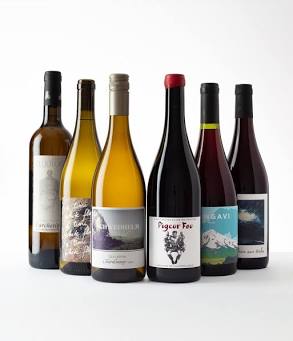
1. Dry Farm Wines Subscription
A curated subscription of lab-tested, sugar-free natural wines from small producers around the world. Every bottle is organically or biodynamically farmed, fermented with native yeast, and also low in alcohol. This is the easiest way to explore the natural wine world. It’s my favorite due to the variety and they’ve introduced me to some really great smaller winemakers. Use this link to get a free bottle with your first box.
→ Check out my Dry Farm Wines review
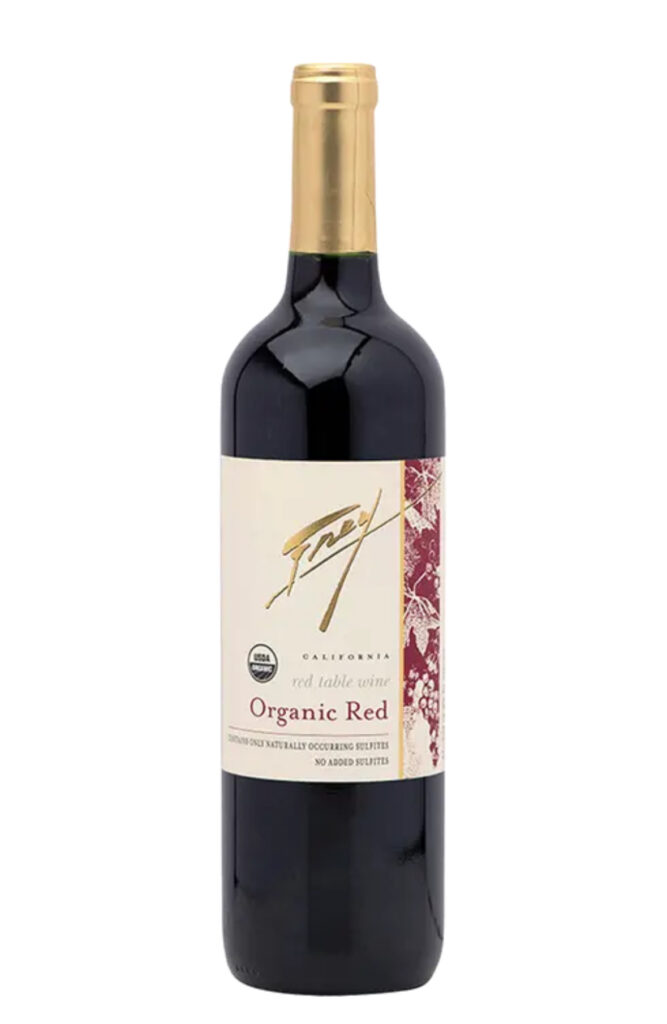
2. Frey Organic Red Blend
This is a win because you can find it at many grocery stores and it’s reasonably priced. A smooth and fruity red wine made from organically farmed grapes. No added sulfites and made in small batches. In addition, it pairs beautifully with pasta and grilled veggies. I also like some other grocery store natural wines, like Natura.
→ Buy Frey Organic Red
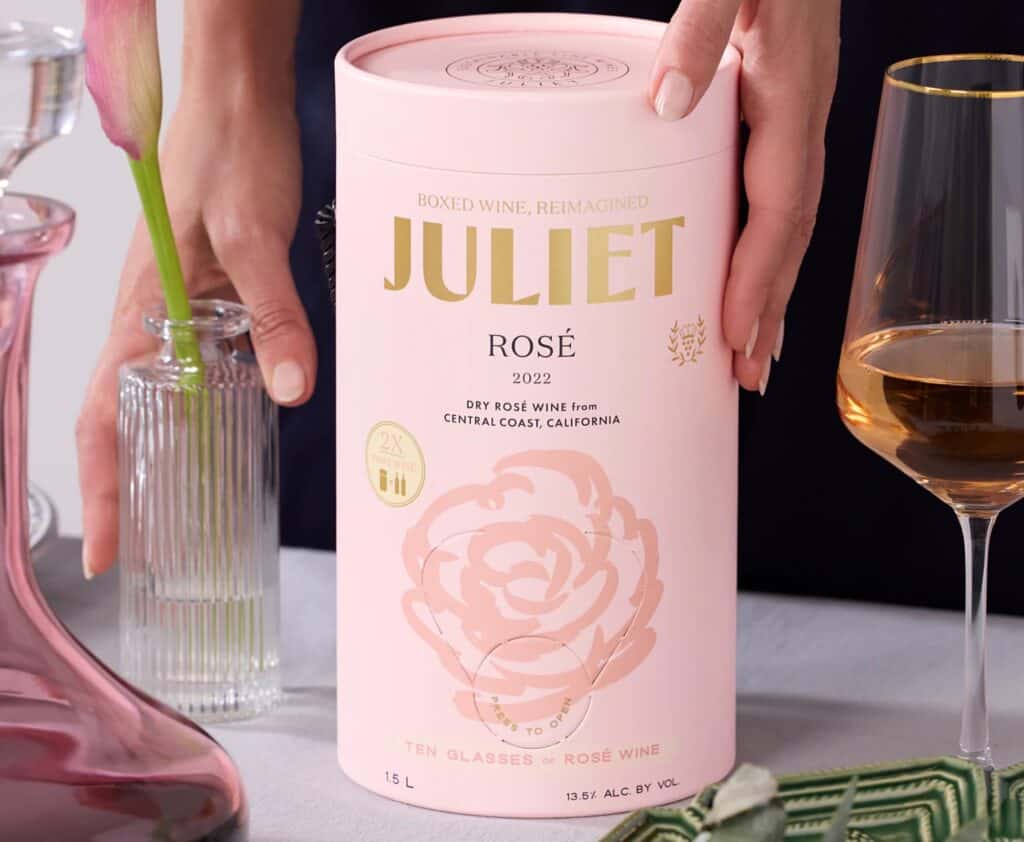
3. Juliet Wine
I was just introduced to this brand earlier this year and love it. It’s not your typical boxed wine! It looks elegant and also tastes amazing. Though not organic, they utilize natural growing practices making this a great choice to sip on.
→ Buy Juliet Wine

4. Pét-Nat by Donkey & Goat
A lively pétillant naturel (sparkling wine) with notes of pear, citrus, and a touch of funk (this is a wine term- but I know it sounds weird!). Perfect for brunch or celebrations. In fact, this can be hard to find some places. I also love this Pét-nat which Whole Foods carries.
→ Shop Donkey & Goat Pét-Nat
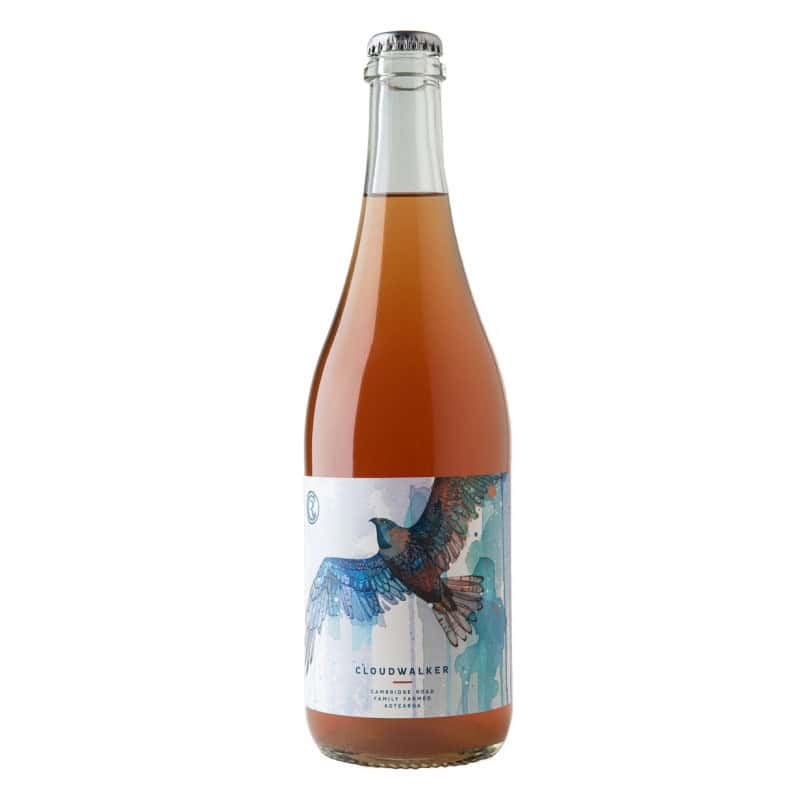
5. Cambridge Road “Cloudwalker” Orange Wine
This orange wine is made from white grapes fermented with their skins, giving it a beautiful amber color and tea-like tannins. I haven’t personally tried this but it’s mentioned often with natural wine selections.
→ Find Cloudwalker
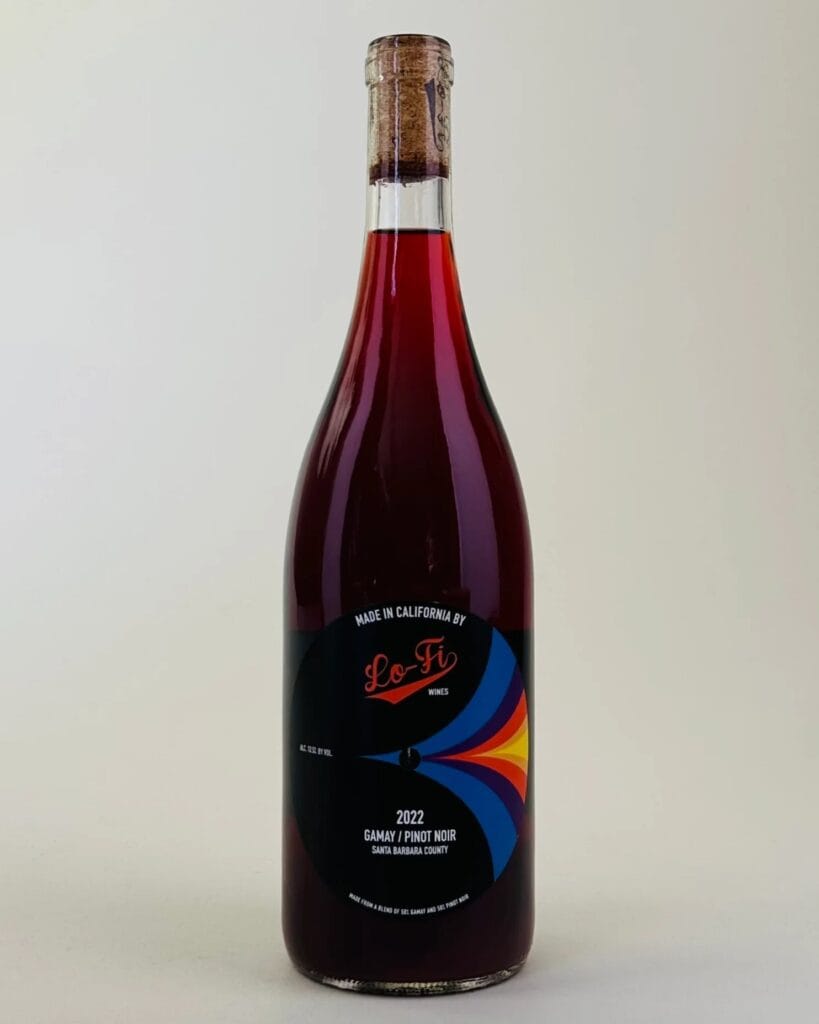
6. Lo-Fi Wines Gamay
Chillable, light-bodied red wine with juicy berry notes. Fermented with native yeast and no filtration. It’s also great for summer sipping.
→ Explore Lo-Fi Wines

Whether you’re already a wine lover or just curious about what’s in your glass, exploring natural wine is a great step toward more mindful drinking. The beauty of these wines is that they’re not only better for your body and the planet—they’re also genuinely delicious and full of character.
Let me know if you try any of these or have your own favorite natural wine to share. Cheers to clean sips and conscious choices!
*Some affiliate links used. All thoughts and opinions are my own.

